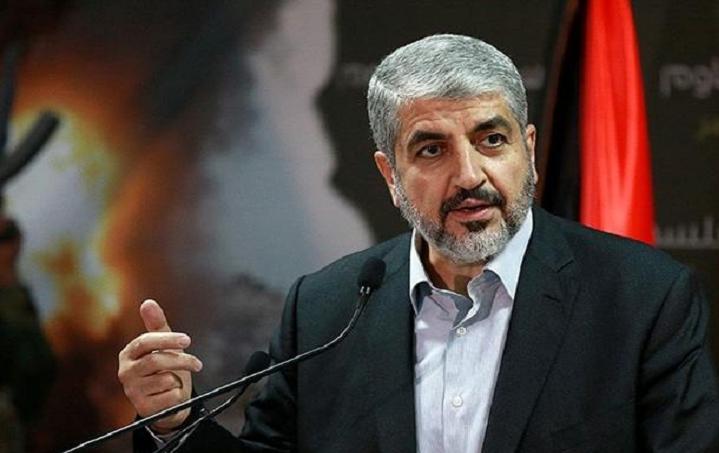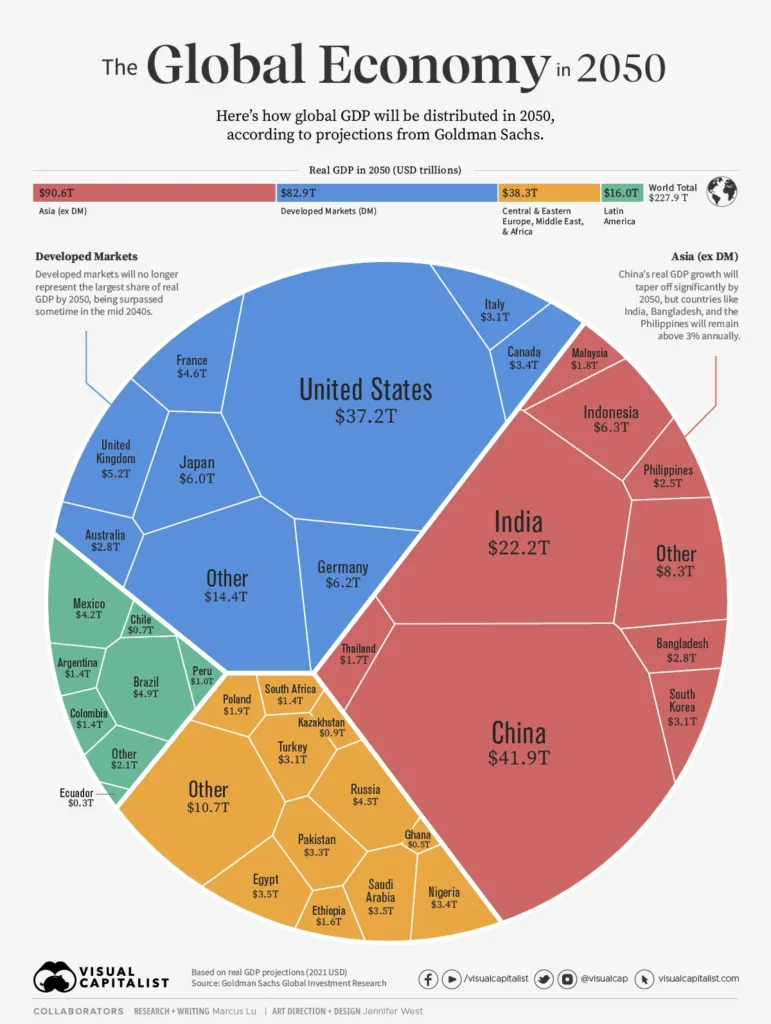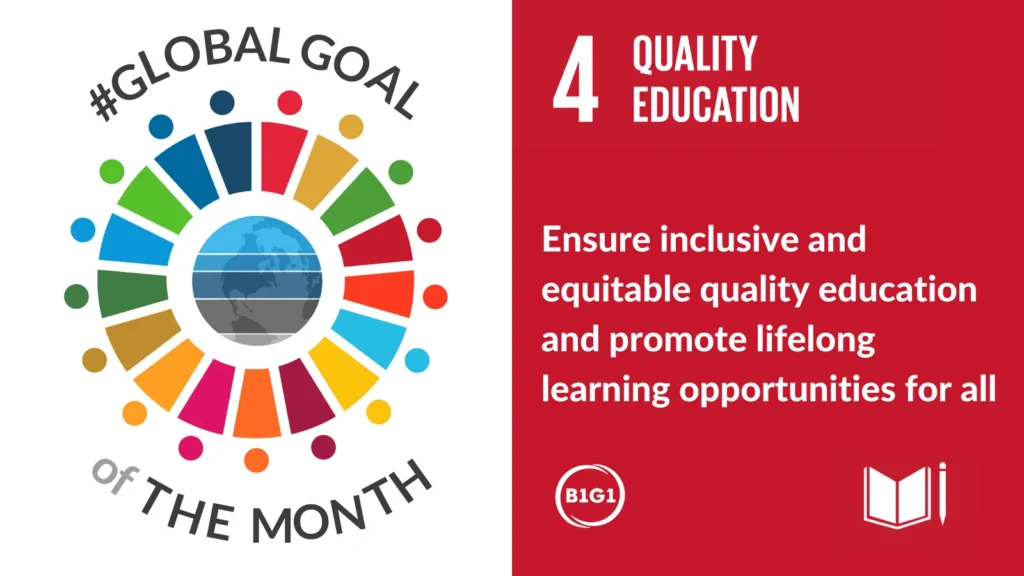The world of International Relations is undergoing a significant transformation, marked by the emergence of new alliances and innovative diplomatic strategies. As global power dynamics shift, nations are reevaluating their partnerships and strategies to navigate an increasingly complex geopolitical landscape. This article delves into the factors driving these changes, including economic shifts, technological advancements, and evolving security threats, providing a comprehensive overview of the current state of international relations.
In the following sections, we will explore the key players in this evolving arena, examining how traditional alliances are being redefined and what new coalitions are forming. You will learn about the implications of these shifts for global trade, security, and international cooperation. Additionally, we will analyze case studies of recent diplomatic initiatives that illustrate the innovative approaches countries are taking to address shared challenges.
As you read on, you will gain insights into the strategic maneuvers of major powers and the impact of regional conflicts on global alliances. Understanding these dynamics is crucial for anyone interested in the future of international relations. Join us as we unpack the complexities of this shifting landscape and discover how nations are adapting to thrive in a world where collaboration and competition go hand in hand.
In the rapidly changing landscape of global politics, the dynamics of international relations are undergoing significant transformations. New alliances and diplomatic strategies are emerging as countries navigate complex geopolitical challenges. This article explores key subtopics that highlight these shifts.
The Rise of Regional Powers
In recent years, regional powers have gained prominence on the global stage, reshaping traditional power dynamics. Countries such as India, Brazil, and South Africa are increasingly asserting their influence, often acting as mediators in regional conflicts and promoting economic cooperation. This shift is indicative of a multipolar world where power is distributed among various nations rather than being concentrated in a few superpowers.
As these regional powers strengthen their diplomatic ties, they are forming new alliances that challenge existing global structures. For instance, the BRICS group (Brazil, Russia, India, China, and South Africa) exemplifies how emerging economies are collaborating to enhance their collective bargaining power in international forums. This trend not only alters the balance of power but also introduces new diplomatic strategies focused on mutual benefit and shared interests.
The Impact of Technology on Diplomacy
Technological advancements are revolutionizing the way countries engage in diplomacy. Digital diplomacy, characterized by the use of social media and online platforms, allows nations to communicate directly with global audiences, bypassing traditional media channels. This shift has enabled governments to shape narratives and influence public opinion more effectively.
Moreover, technology facilitates real-time communication and data sharing, enhancing collaboration among nations. Cybersecurity has become a critical aspect of international relations, as countries must navigate the challenges posed by cyber threats. As a result, diplomatic strategies are increasingly incorporating technology to address these emerging issues, leading to new forms of alliances focused on cybersecurity cooperation.
Climate Change and Environmental Diplomacy
Climate change has emerged as a pressing global issue, prompting countries to forge new alliances centered around environmental diplomacy. The urgency of addressing climate-related challenges has led to collaborative efforts such as the Paris Agreement, where nations commit to reducing greenhouse gas emissions and promoting sustainable practices.
These environmental alliances are not only about addressing climate change but also about fostering economic opportunities through green technologies. Countries are increasingly recognizing that cooperation in environmental matters can lead to innovative solutions and shared economic benefits. As a result, diplomatic strategies are evolving to prioritize sustainability, creating a new framework for international relations.
The Role of Non-State Actors in International Relations
Non-state actors, including multinational corporations, non-governmental organizations (NGOs), and international institutions, are playing an increasingly significant role in shaping international relations. These entities often operate across borders, influencing policy decisions and diplomatic strategies in ways that traditional state actors cannot.
For instance, NGOs focused on human rights and humanitarian aid are instrumental in advocating for policy changes and holding governments accountable. Similarly, multinational corporations are leveraging their economic power to influence trade agreements and regulatory frameworks. As a result, diplomatic strategies must now account for the interests and actions of these non-state actors, leading to more complex and multifaceted international relations.
The Future of Global Alliances: Challenges and Opportunities
The future of global alliances is fraught with challenges, including rising nationalism, trade disputes, and geopolitical tensions. However, these challenges also present opportunities for countries to rethink their diplomatic strategies and forge new partnerships. As nations grapple with issues such as security, economic stability, and climate change, the need for collaboration becomes increasingly evident.
In this context, countries may seek to establish flexible alliances that can adapt to changing circumstances. The concept of “coalitions of the willing” may gain traction, allowing nations to come together on specific issues while maintaining their sovereignty. This evolving landscape of international relations will require innovative diplomatic approaches that prioritize collaboration and mutual benefit.
The landscape of international relations is constantly evolving, influenced by geopolitical changes, economic interests, and social dynamics. Recent shifts have led to the formation of new alliances and the adoption of innovative diplomatic strategies. This summary outlines key trends and developments in this area.
| Trend/Development | Description | Implications |
|---|---|---|
| Emergence of Multipolarity | Power is distributed among multiple nations rather than dominated by a single superpower. | Increased competition and collaboration among nations, leading to a more complex diplomatic environment. |
| Regional Alliances | Countries are forming regional partnerships to address specific challenges, such as security and trade. | Strengthened regional stability but potential for exclusionary practices against non-member states. |
| Focus on Economic Diplomacy | Nations are prioritizing economic ties and trade agreements over traditional military alliances. | Enhanced economic interdependence can lead to more peaceful relations but may also create vulnerabilities. |
| Climate Change Cooperation | Countries are increasingly collaborating on environmental issues, recognizing the global nature of climate change. | Potential for new alliances based on shared environmental goals, fostering innovation and technology transfer. |
| Digital Diplomacy | The use of digital platforms for diplomatic engagement and public diplomacy is on the rise. | Increased accessibility and engagement with global audiences, but also risks of misinformation and cyber threats. |
| Shift in Global Power Dynamics | Emerging economies are gaining influence, challenging traditional power structures. | Potential for a more equitable global order, but also risks of conflict as established powers react to changes. |
In conclusion, the shift in international relations is characterized by the emergence of new alliances and diplomatic strategies that reflect the complexities of the modern world. As nations navigate these changes, the ability to adapt and collaborate will be crucial for maintaining global stability and peace.




